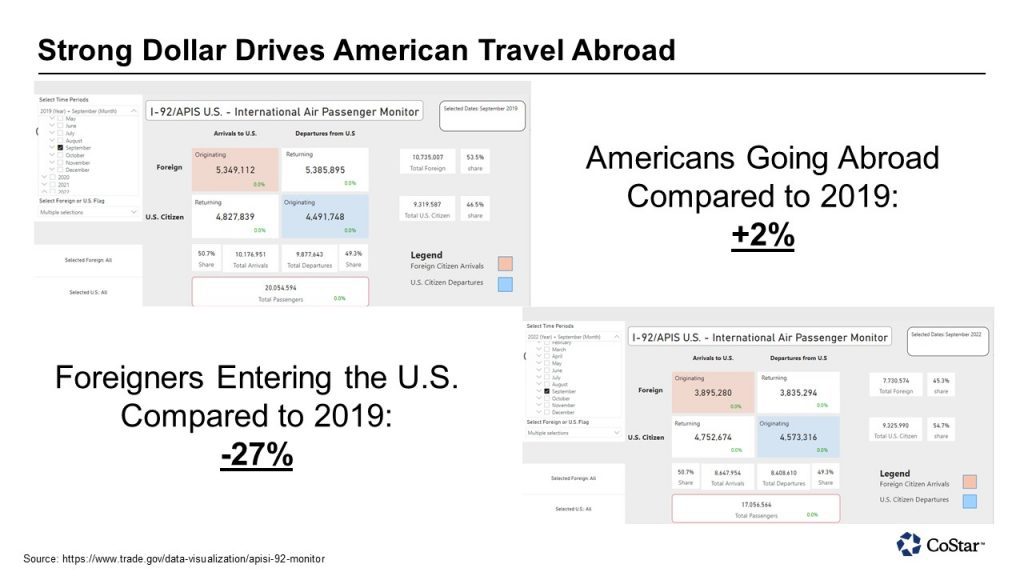Croatia will be joining the Schengen area in the new year. Starting January 1, travelers will be able to move passport-free between Croatia and the 26 member countries that make up the Schengen area.
The Schengen area comprises a pact between countries to remove border controls for those traveling between their territories. Croatia received unanimous approval to join the border-free zone from the 26 Schengen member states on December 8.

Croatian airports have until March 26 to lift their border entry measures. After March 26, flights originating from the Schengen member states arriving in Croatia will no longer be requiring border checks, according to Travel Begins at 40.
The official currency of Croatia will also be the euro on January 1. All ATMs in Croatia will dispensing euros by January 15 at the latest, according to Croatia Week.
The new Schengen membership and currency adoption are some of the latest milestones the country has completed to ease the movement of people between itself and rest of Europe. In July, Croatia opened the Pelješac Bridge, which has streamlined travel with Bosnia and Herzegovina. The European Commission invested $349 million to support the project, which amounted to 85 percent of its financing.
